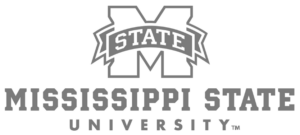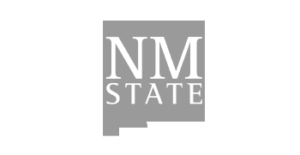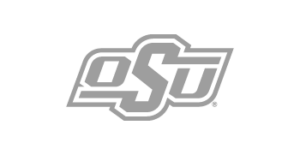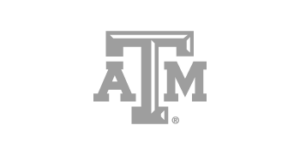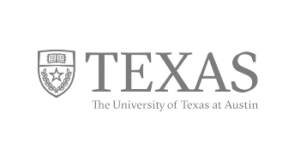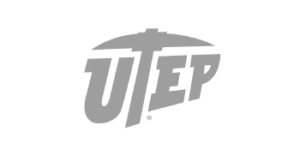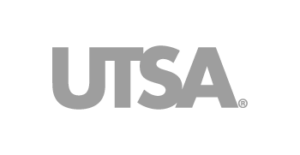Mike Ashley doesn’t like to waste time. He drives fast, talks faster, and thinks faster still. A year ago, Ashley was pursuing his PhD in mechanical engineering at A&M and thinking about what it would take to commercialize his automated vehicle convoying system. He had interned with two firms, but both left him cold. Ashley liked the idea of doing his own thing. But did he want to dedicate the next 10 years of his life, 24 hours a day, seven days a week to a project with no guarantee of success? That’s when Ashley learned he could validate his idea in weeks with the National Science Foundation’s I-Corps national training program.
The program, which accepts around 100 three-person teams a year, is designed to speed up the process of turning technologies into successful businesses. In seven weeks, participants interview 100 prospective customers and get a crash course on their invention’s commercial potential.
“When I started this whole process, I was thinking public transit and commercial trucking,” Ashley said. “But then when I did I-Corps, I quickly found out that even the biggest public transit systems don’t have any money.”
The same held true for commercial trucking. The vast majority of trucking companies are mom-and-pops operating on razor-thin margins. Those firms can’t afford to experiment on new technology.
But then I-Corps’ customer discovery turned up someone who could. One of Ashley’s customer interviews was the U.S. Army Ground Vehicle System Center, a research group that looks at how robotics can modernize the military. Ashley asked the group about their biggest problem and their needs … without describing how his technology allowed one driver to control many vehicles. At the end of the discussion, Ashley showed the robotics group his system and asked one question: What do you think about it?
A much longer conversation ensued. Eventually the group told Ashley two things: “We want it. How much does it cost?”
Ashley still had a few weeks of I-Corps training left, but he already knew he was in business.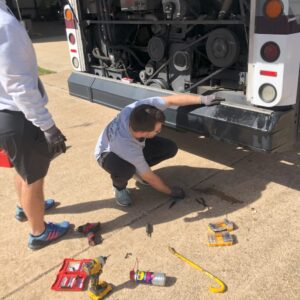
“I was like, ‘All right, that’s enough data for me,’” Ashley said.
Ashley immediately founded HPTech.ai, focusing on the Department of Defense as his major customer. His technology will address the military’s biggest trucking issue: a driver shortage/personnel allocation.
HPTech.ai allows one driver to move multiple vehicles at the same time. Instead of driving trucks, soldiers can be assigned to other duties, such as security or combat.
Fast forward a year. Ashley now has a Small Business Innovation Research grant with the Department of Navy-Marine Corps Systems Command. The grant wasn’t the direct result of I-Corps. But it didn’t hurt that Ashley came in with market research, customer validation, an initial target market, and plans to branch out into the forestry, drayage and mining sectors of commercial trucking, information he gathered during the training program.
Ashley said it was impossible to sum up what I-Corps training did for him in a word. It would take at least two: A lot.
“I would say we figured out where and what our target markets are and a strategy on how to move forward today, and then in the next five to 10 years,” Ashley said.
Published by Ted Griggs on March 13, 2024.

